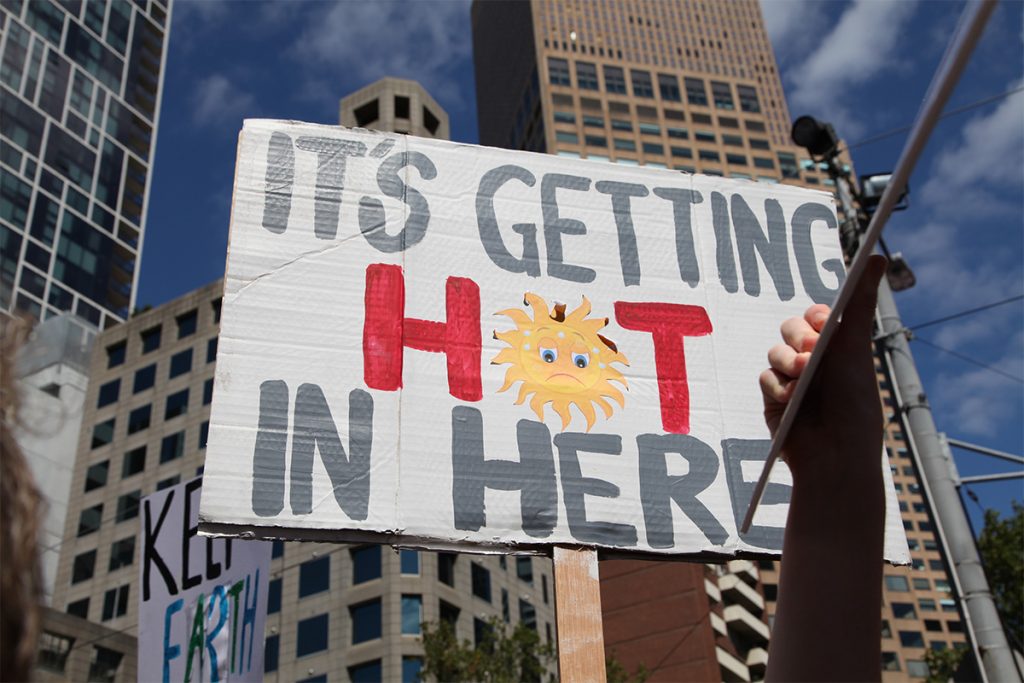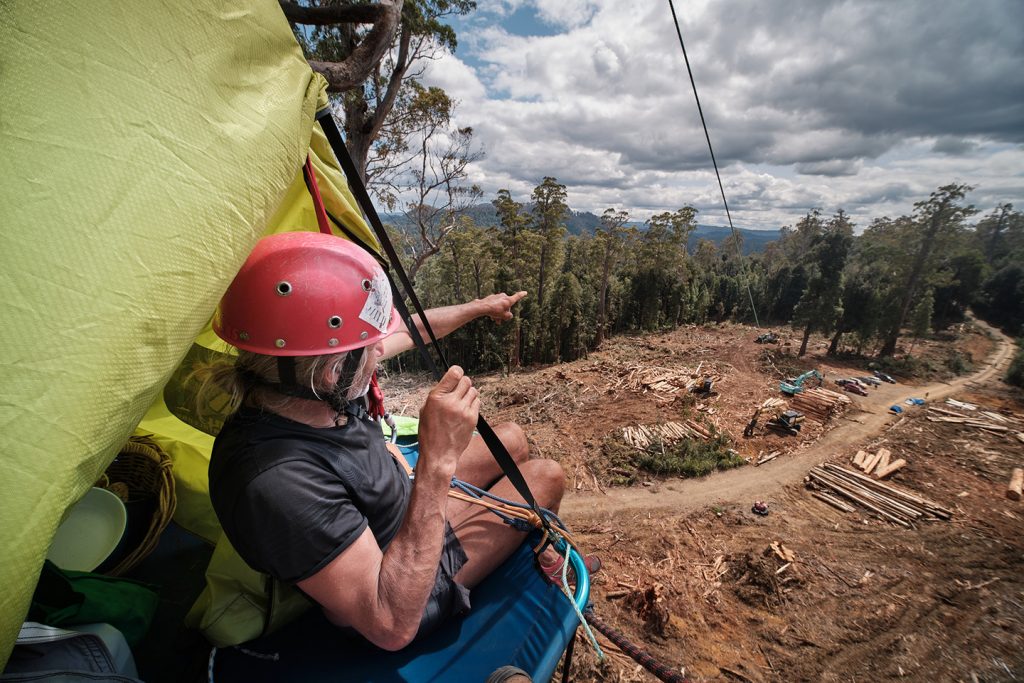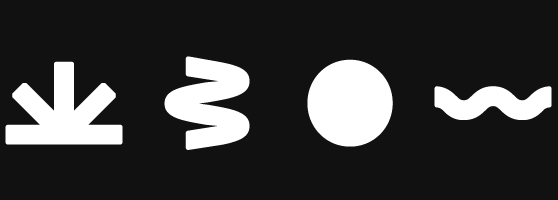
As the crisis facing the planet becomes more pressing, documentary filmmaking that seeks to raise awareness and trigger the social and political change that is needed to confront environmental problems is growing in momentum. The release of An Inconvenient Truth in 2006 was a watershed moment, demonstrating the impact that documentary could achieve, and documentary is now a key arena for understating the work of environmental media. The production of environmental documentary in Australia has intensified over the last 6-7 years. This has occurred in tandem with the increasing opportunities for funding “social issue” filmmaking through philanthropy. In recent years we have seen the production of documentaries such as 2040 (Damon Gameau, 2019), The Leadership (Ili Bare, 2020), Frackman (Richard Todd, 2015), Blue (Karina Holden, 2017), Wild Things (Sally Ingleton, 2020), River (Jennifer Peedom, 2022), and The Seeds of Vandana Shiva (Camilla Becket, 2021).
This study is concerned with the key role of women in the rise of environmental documentary, exploring the institutions that shape opportunities for women filmmakers and how women have come to the fore in the new wave of environmental documentary in Australia, both in front of and behind the camera.

Publications
Smaill, Belinda. “Understanding Environmentalism as a Feminist Media Concern: Documentary Filmmaking, Argumentation, Advocacy and Industry.” Feminist Media Studies (2021) (10.1080/14680777.2021.1979072)
Women consistently play key roles in environmental documentary filmmaking, whether behind or in front of the camera. This essay explores the nexus of documentary filmmaking, women and environment. It examines the Australian documentary sector, tracking changing pathways of opportunity for women working in documentary production, particularly in relation to the causal connections between the rise of philanthropic funding and environmental documentary.
Smaill, Belinda. “Women, Feminism and New Environmental Documentary,” Docking Magazine, Dec 2020.
This is an essay written for Docking, a South Korean documentary magazine. It discusses contemporary feminism and documentary, examining the relevance of environmental documentary in Australia for women filmmakers. It offers a discussion of Wild Things, a documentary about environmental movements that also shows the importance of female voices in activist campaigns.
Smaill, Belinda. “Bodies on the Line: Sally Ingleton’s Wild Things and Australian Environmental Documentary,” Metro 207 (2021)
Key Films
Blue (2017)
Wild Things (2020)
The Leadership (2020)
